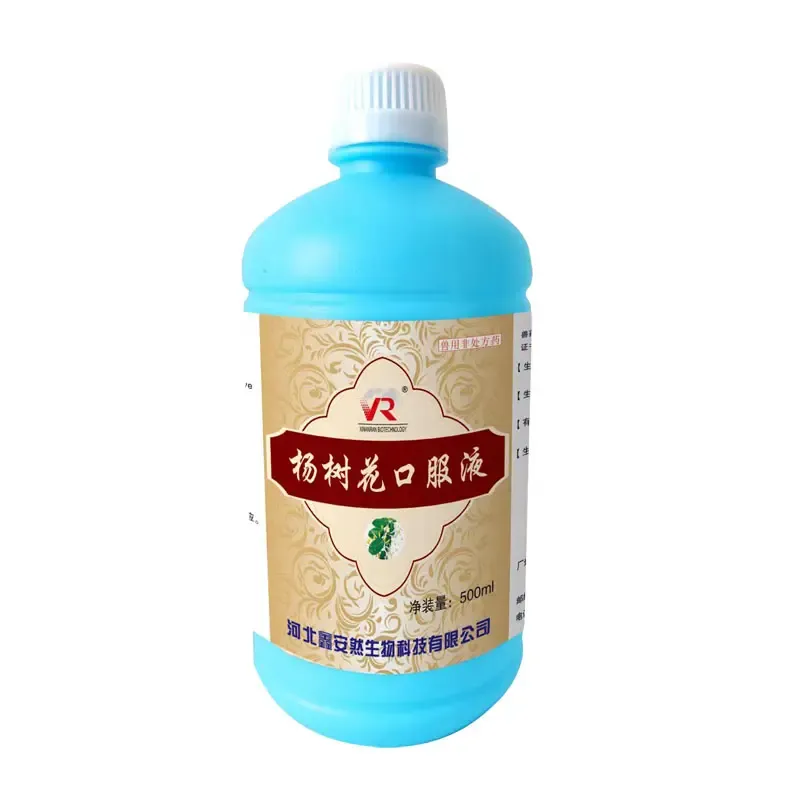- Afrikaans
- Albanian
- Amharic
- Arabic
- Armenian
- Azerbaijani
- Basque
- Belarusian
- Bengali
- Bosnian
- Bulgarian
- Catalan
- Cebuano
- Corsican
- Croatian
- Czech
- Danish
- Dutch
- English
- Esperanto
- Estonian
- Finnish
- French
- Frisian
- Galician
- Georgian
- German
- Greek
- Gujarati
- Haitian Creole
- hausa
- hawaiian
- Hebrew
- Hindi
- Miao
- Hungarian
- Icelandic
- igbo
- Indonesian
- irish
- Italian
- Japanese
- Javanese
- Kannada
- kazakh
- Khmer
- Rwandese
- Korean
- Kurdish
- Kyrgyz
- Lao
- Latin
- Latvian
- Lithuanian
- Luxembourgish
- Macedonian
- Malgashi
- Malay
- Malayalam
- Maltese
- Maori
- Marathi
- Mongolian
- Myanmar
- Nepali
- Norwegian
- Norwegian
- Occitan
- Pashto
- Persian
- Polish
- Portuguese
- Punjabi
- Romanian
- Russian
- Samoan
- Scottish Gaelic
- Serbian
- Sesotho
- Shona
- Sindhi
- Sinhala
- Slovak
- Slovenian
- Somali
- Spanish
- Sundanese
- Swahili
- Swedish
- Tagalog
- Tajik
- Tamil
- Tatar
- Telugu
- Thai
- Turkish
- Turkmen
- Ukrainian
- Urdu
- Uighur
- Uzbek
- Vietnamese
- Welsh
- Bantu
- Yiddish
- Yoruba
- Zulu
8 月 . 29, 2024 11:24 Back to list
Effective Drugs for Parasite Treatment
Effective Antiparasitic Drugs A Comprehensive Overview
Parasites are organisms that thrive on or within a host, drawing nourishment at the host's expense. They can cause a range of diseases in humans and animals, making antiparasitic drugs essential for treatment and prevention. Various classes of these drugs target different types of parasites, including nematodes, protozoa, and ectoparasites. This article explores some of the most commonly used drugs in antiparasitic therapy.
One of the most widely recognized antiparasitic treatments is Albendazole, a broad-spectrum anthelmintic used to treat infections caused by tapeworms, roundworms, and flukes. It interferes with the parasites' ability to absorb glucose, ultimately leading to their death. Albendazole is particularly effective against soil-transmitted helminths and is often used in mass drug administration programs in endemic areas.
Another key drug is Ivermectin, primarily used to treat infections caused by certain roundworms and ectoparasites like lice and scabies. It works by binding to glutamate-gated chloride channels in the parasites, causing paralysis and death. Ivermectin has gained considerable attention for its role in controlling lymphatic filariasis and river blindness, both of which significantly impact quality of life in affected regions.
Metronidazole is another important antiparasitic agent, particularly effective against protozoan infections such as giardiasis and trichomoniasis. It functions by disrupting the DNA of the parasites, leading to their eventual cell death. Metronidazole has also been noted for its efficacy against certain bacterial infections, making it a versatile drug in infectious disease management.
what drugs are used to kill parasites

For malaria, a disease caused by Plasmodium species, Artemisinin-based combination therapies (ACTs) are considered the gold standard. Artemisinin, derived from the sweet wormwood plant, acts quickly to reduce the parasitic load in the bloodstream. When combined with other antimalarial agents, it enhances efficacy and helps prevent resistance.
Moreover, Nitazoxanide has emerged as a broad-spectrum antiparasitic drug with efficacy against both protozoa and helminths
. It interferes with the energy metabolism of the parasites, making it effective against infections like cryptosporidiosis and giardiasis.In veterinary medicine, medications like Fenbendazole and Praziquantel are crucial for treating parasitic infections in pets and livestock. Fenbendazole targets a wide array of gastrointestinal parasites, while Praziquantel is specifically effective against tapeworms.
In conclusion, the arsenal of drugs available for treating parasitic infections is diverse and targeted, encompassing various mechanisms of action tailored to combat specific organisms. As global travel and climate change continue to influence the spread of parasitic diseases, the development and accessibility of effective antiparasitic drugs remain a high priority for public health. Ongoing research is vital to address emerging resistance patterns and ensure the continued effectiveness of these essential therapies.
-
The Power of Radix Isatidis Extract for Your Health and Wellness
NewsOct.29,2024
-
Neomycin Sulfate Soluble Powder: A Versatile Solution for Pet Health
NewsOct.29,2024
-
Lincomycin Hydrochloride Soluble Powder – The Essential Solution
NewsOct.29,2024
-
Garamycin Gentamicin Sulfate for Effective Infection Control
NewsOct.29,2024
-
Doxycycline Hyclate Soluble Powder: Your Antibiotic Needs
NewsOct.29,2024
-
Tilmicosin Premix: The Ultimate Solution for Poultry Health
NewsOct.29,2024













